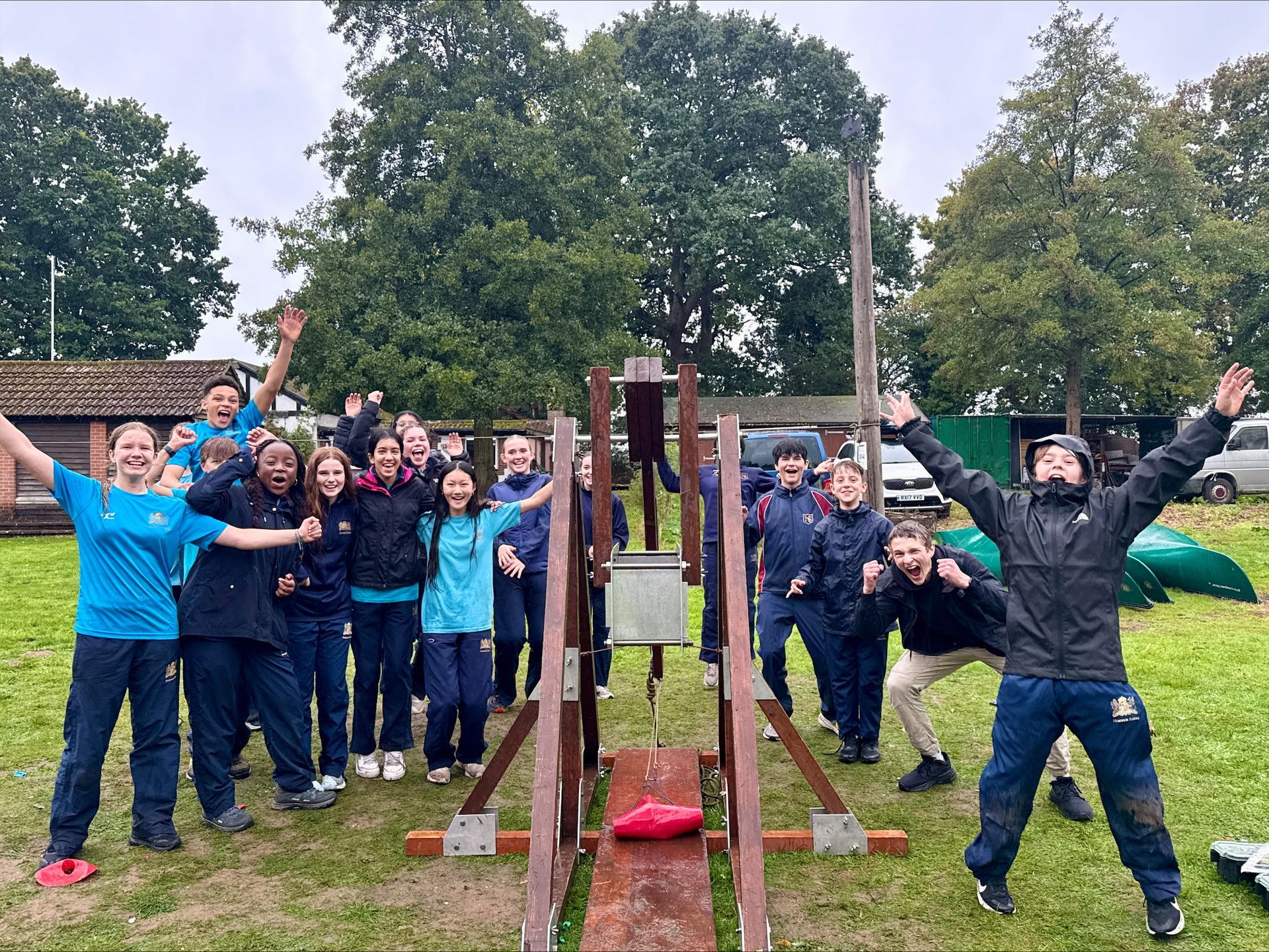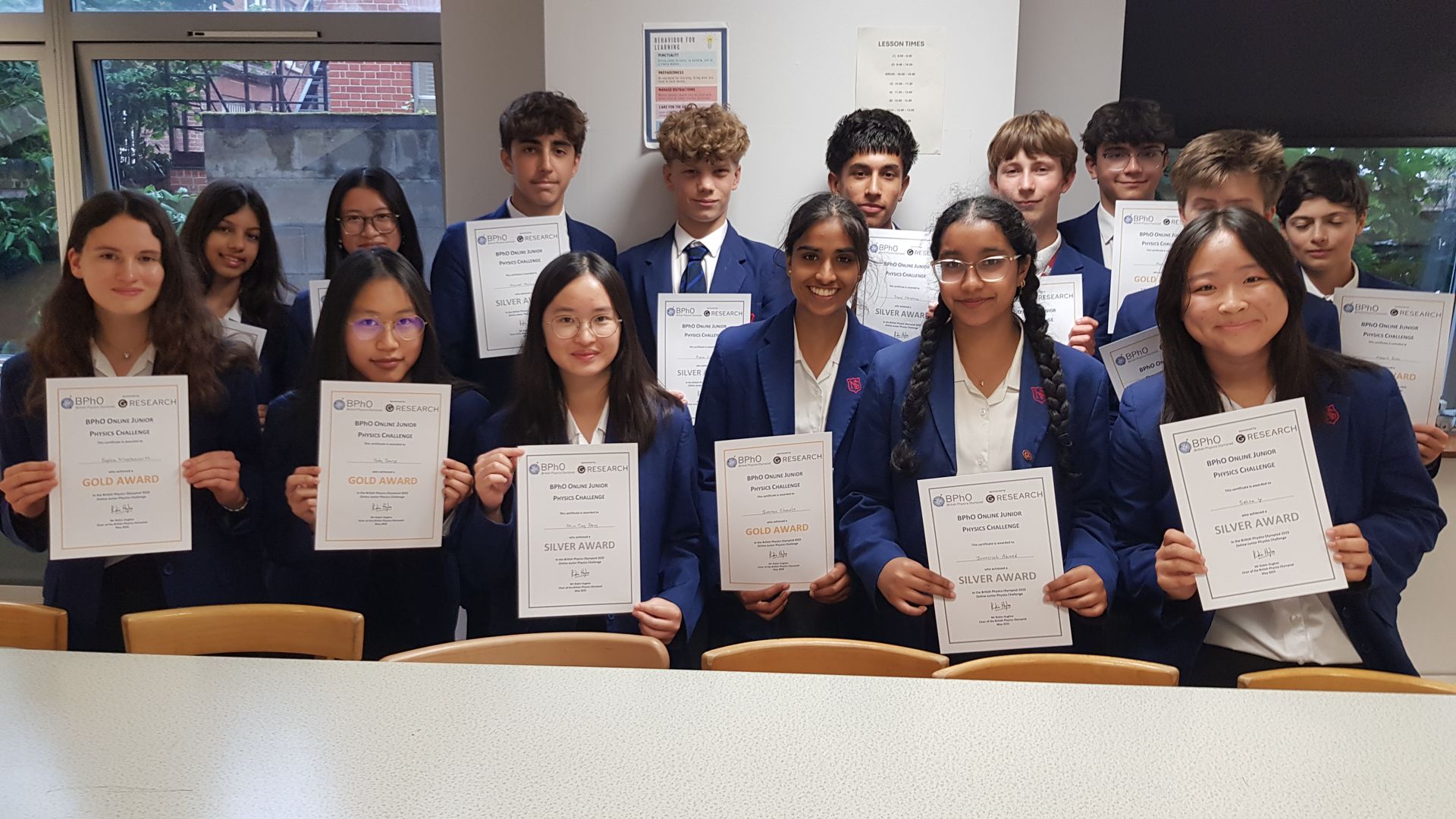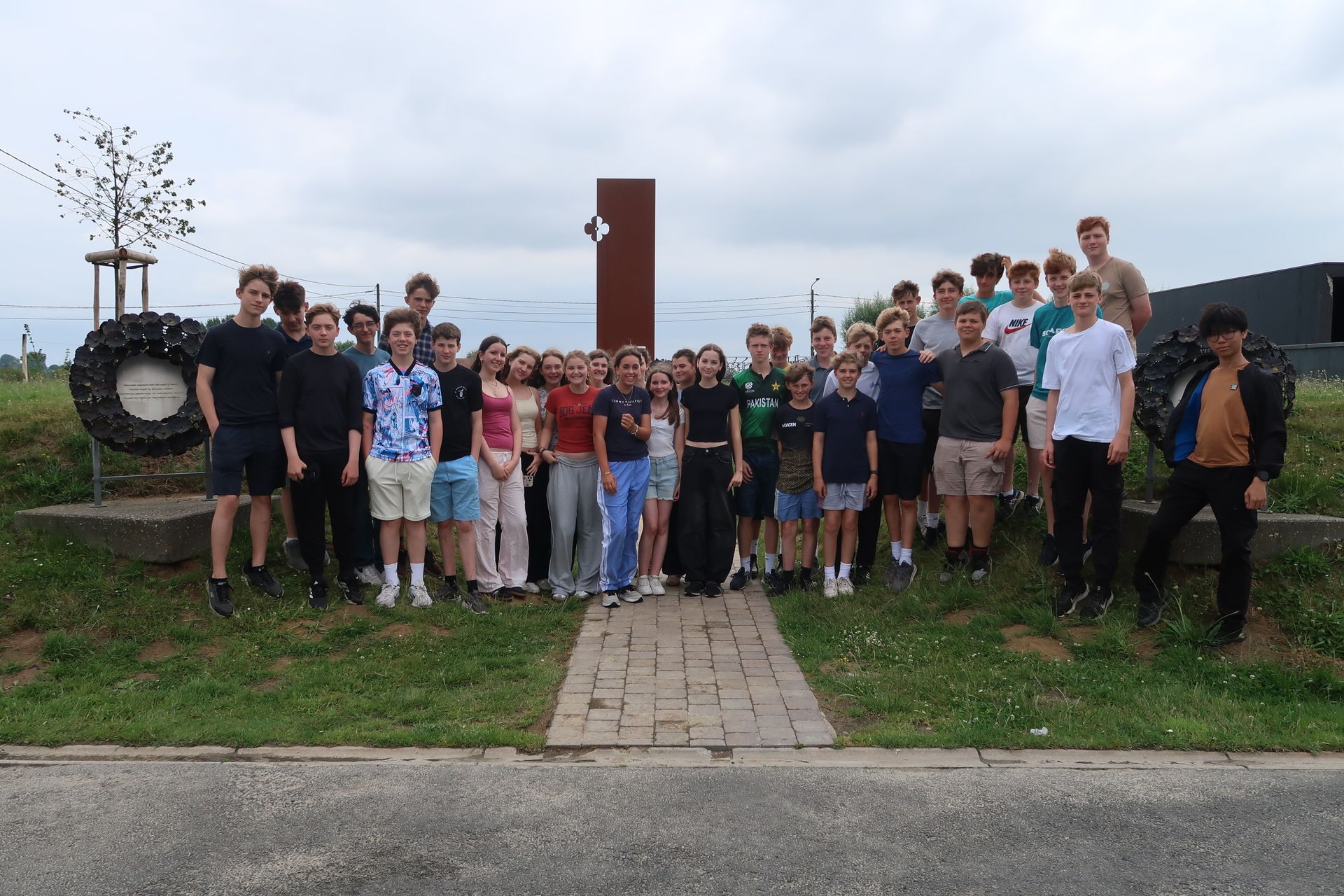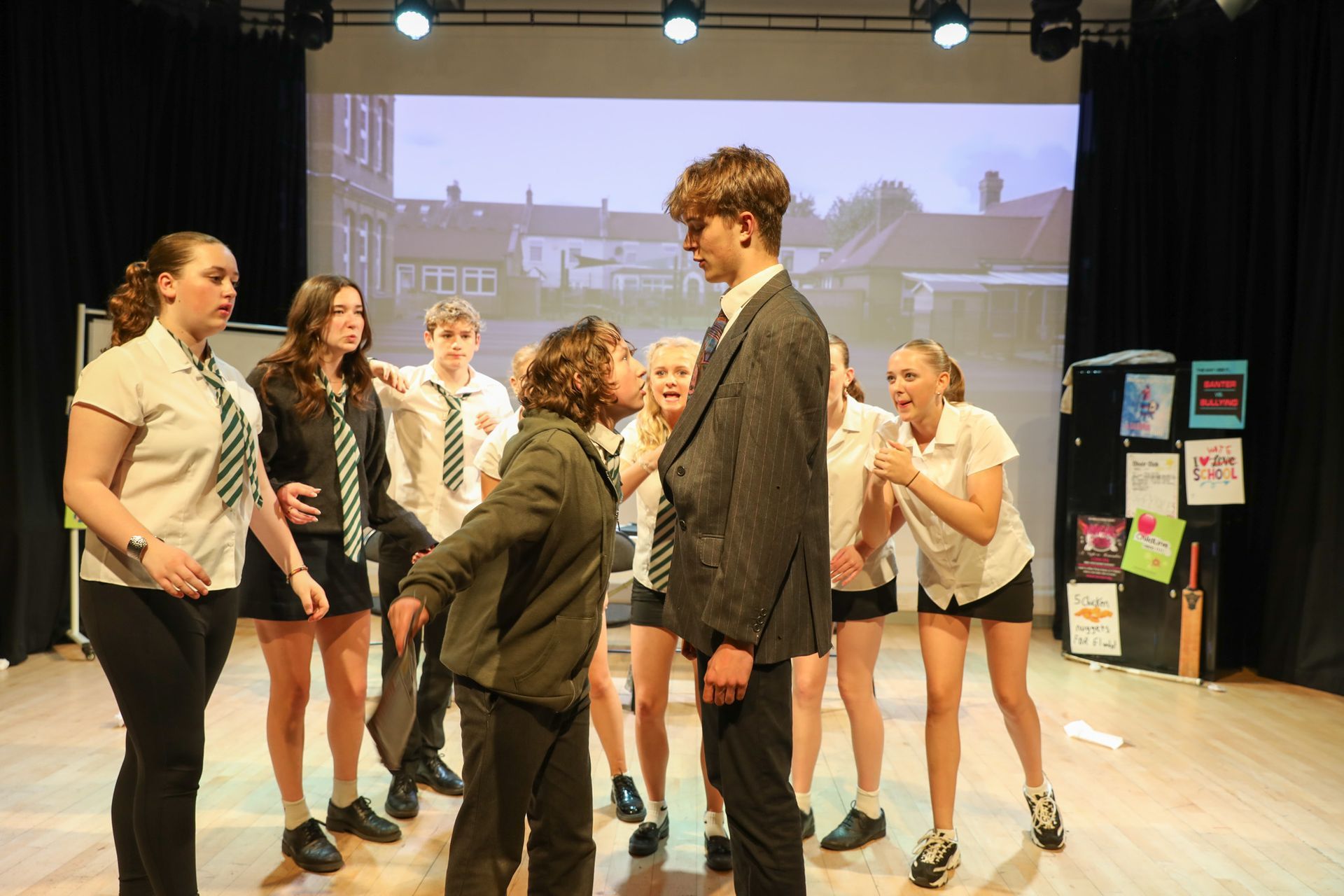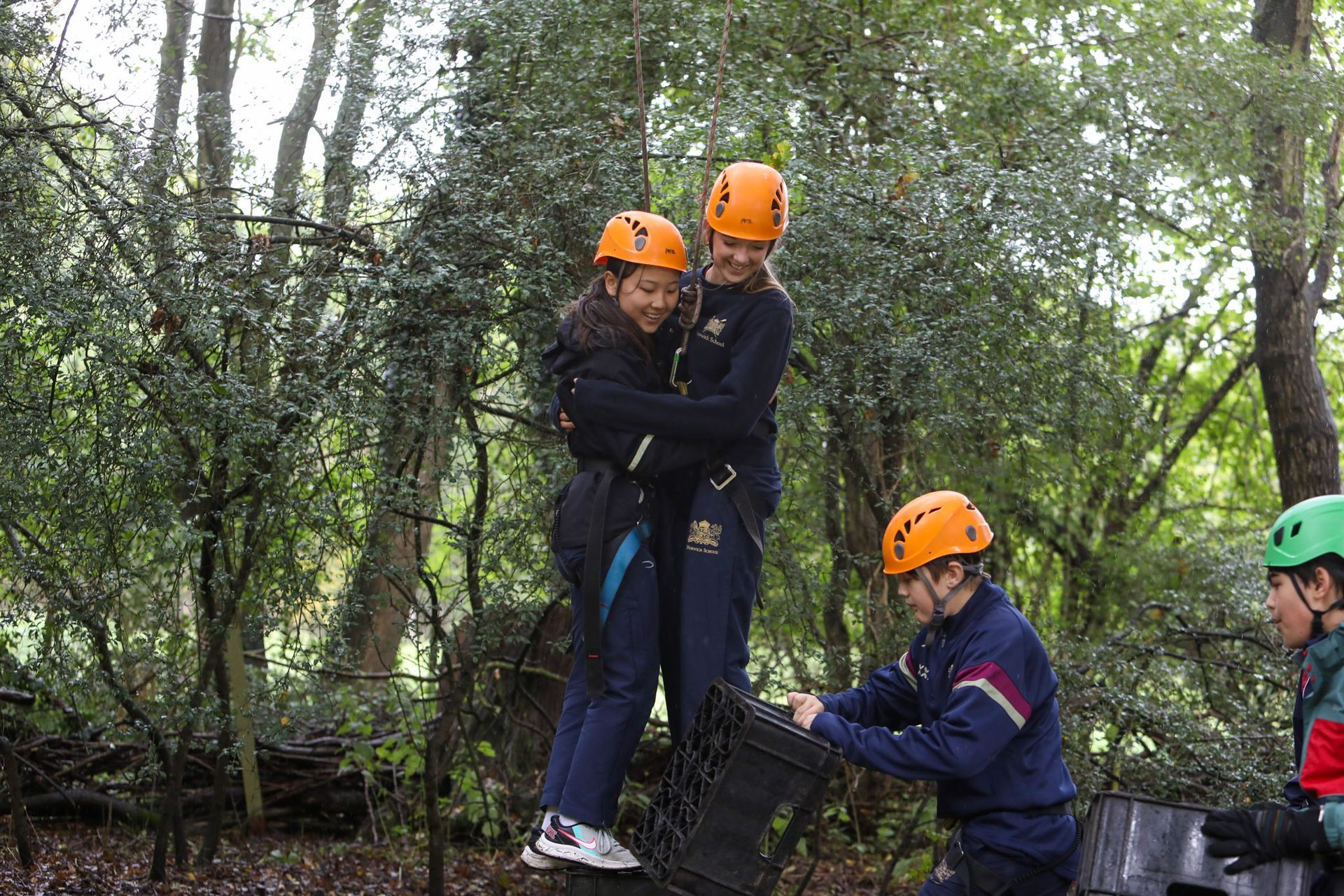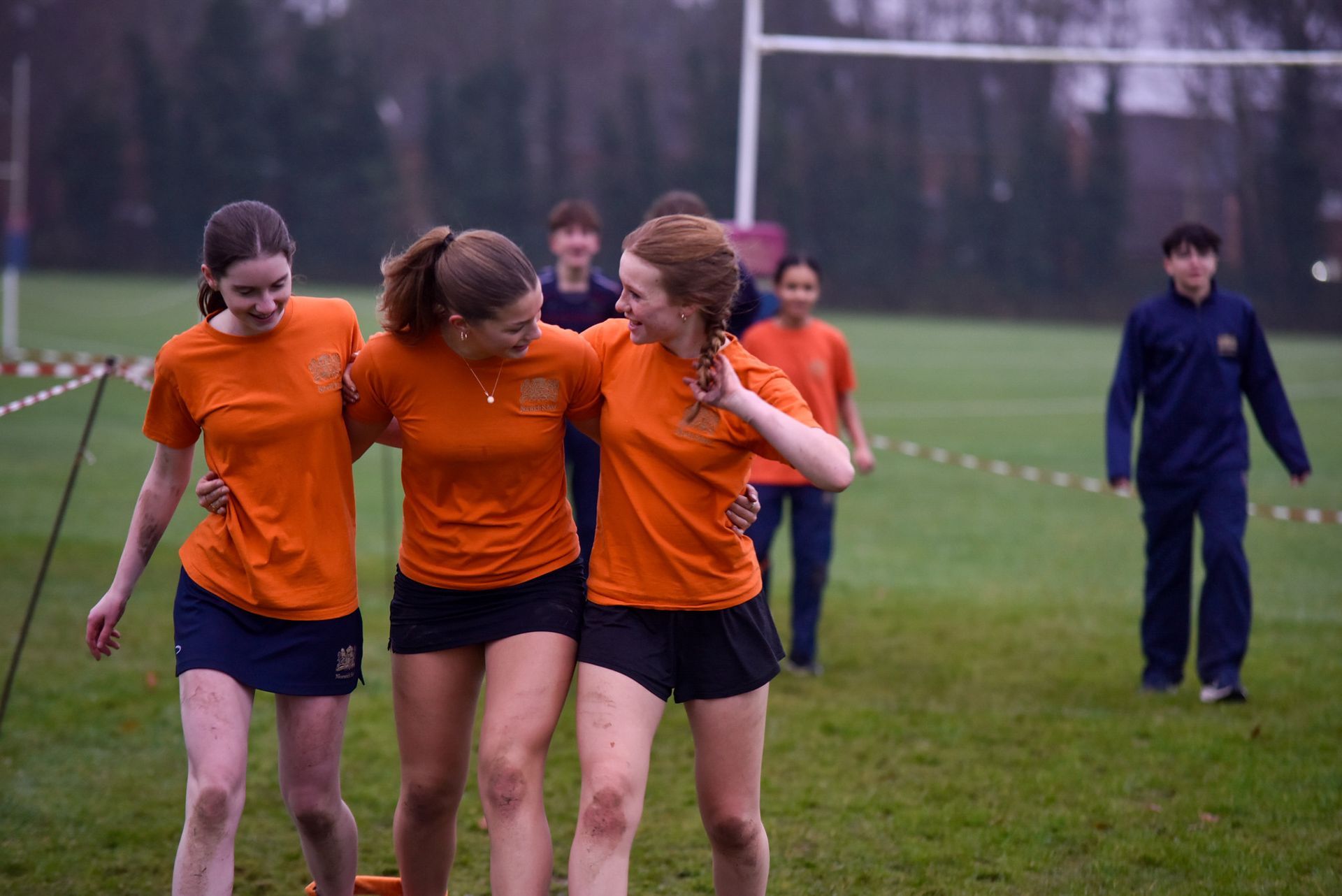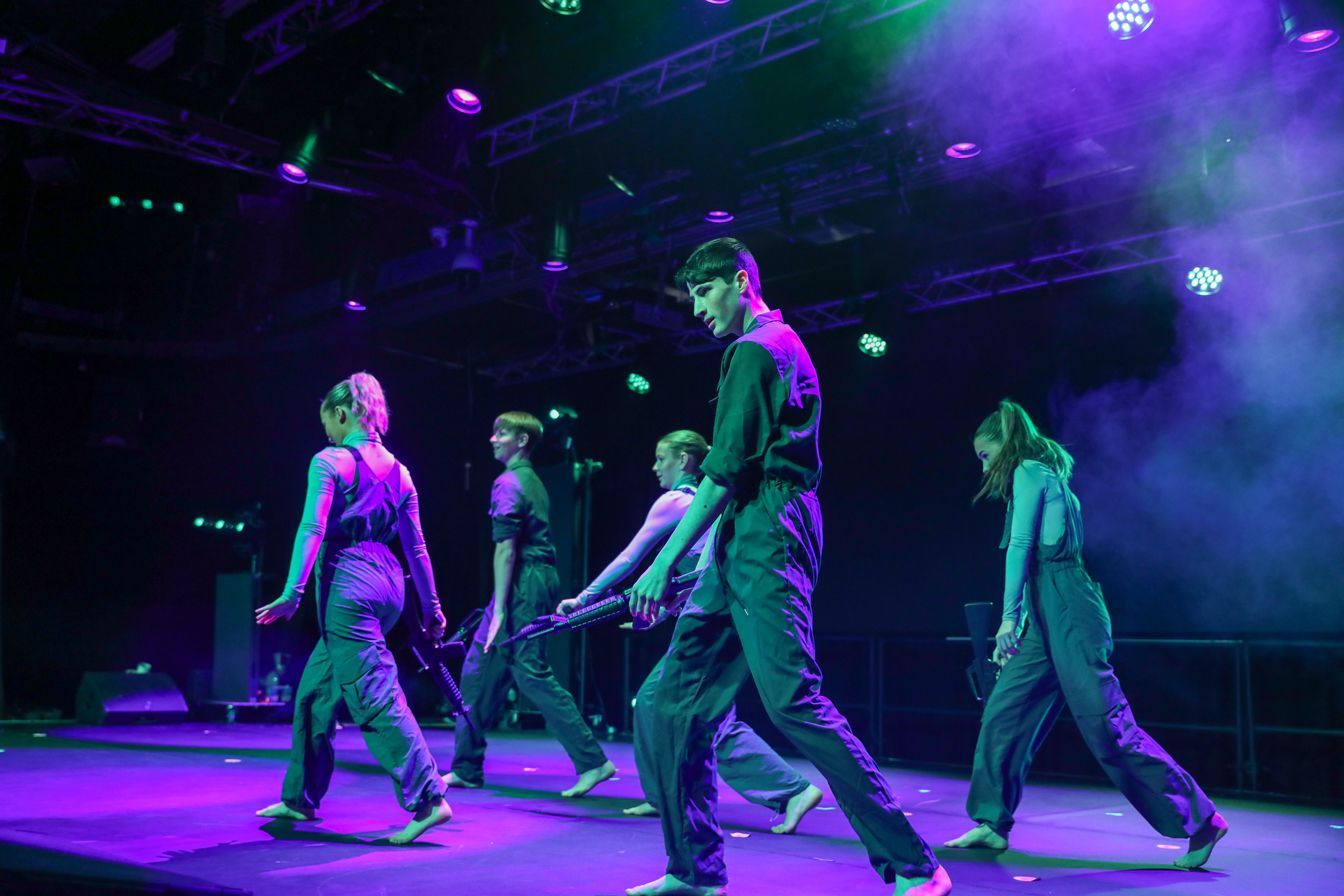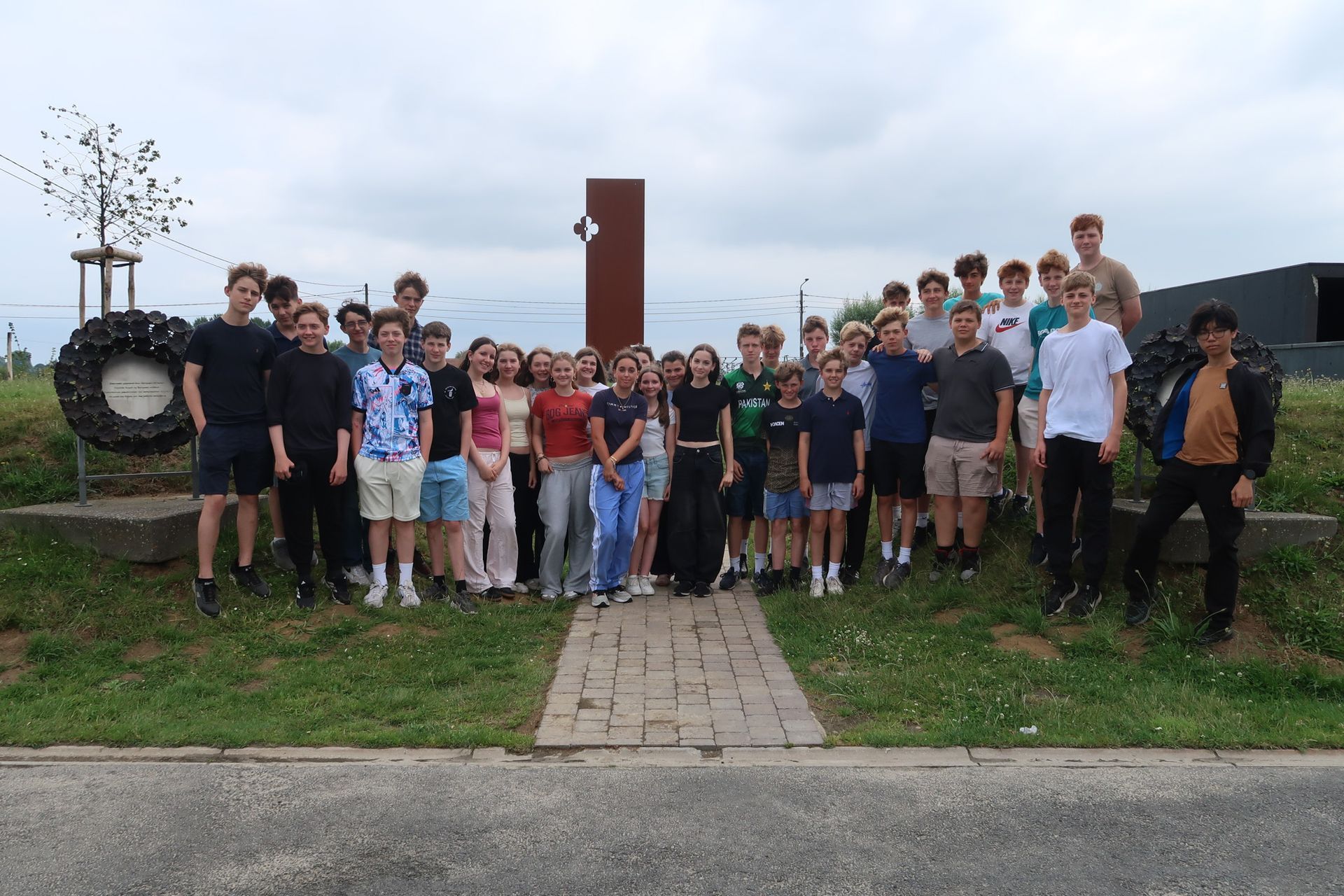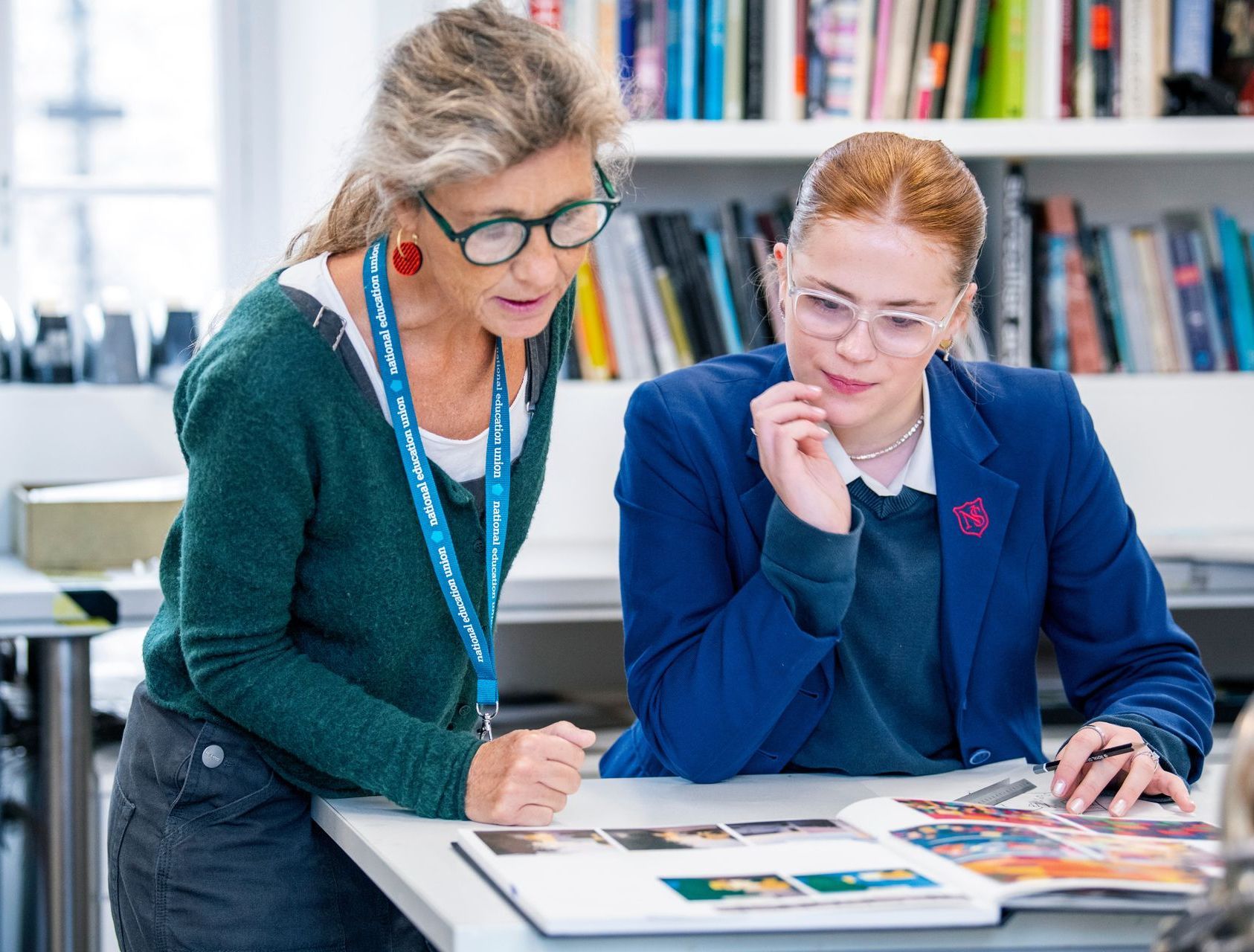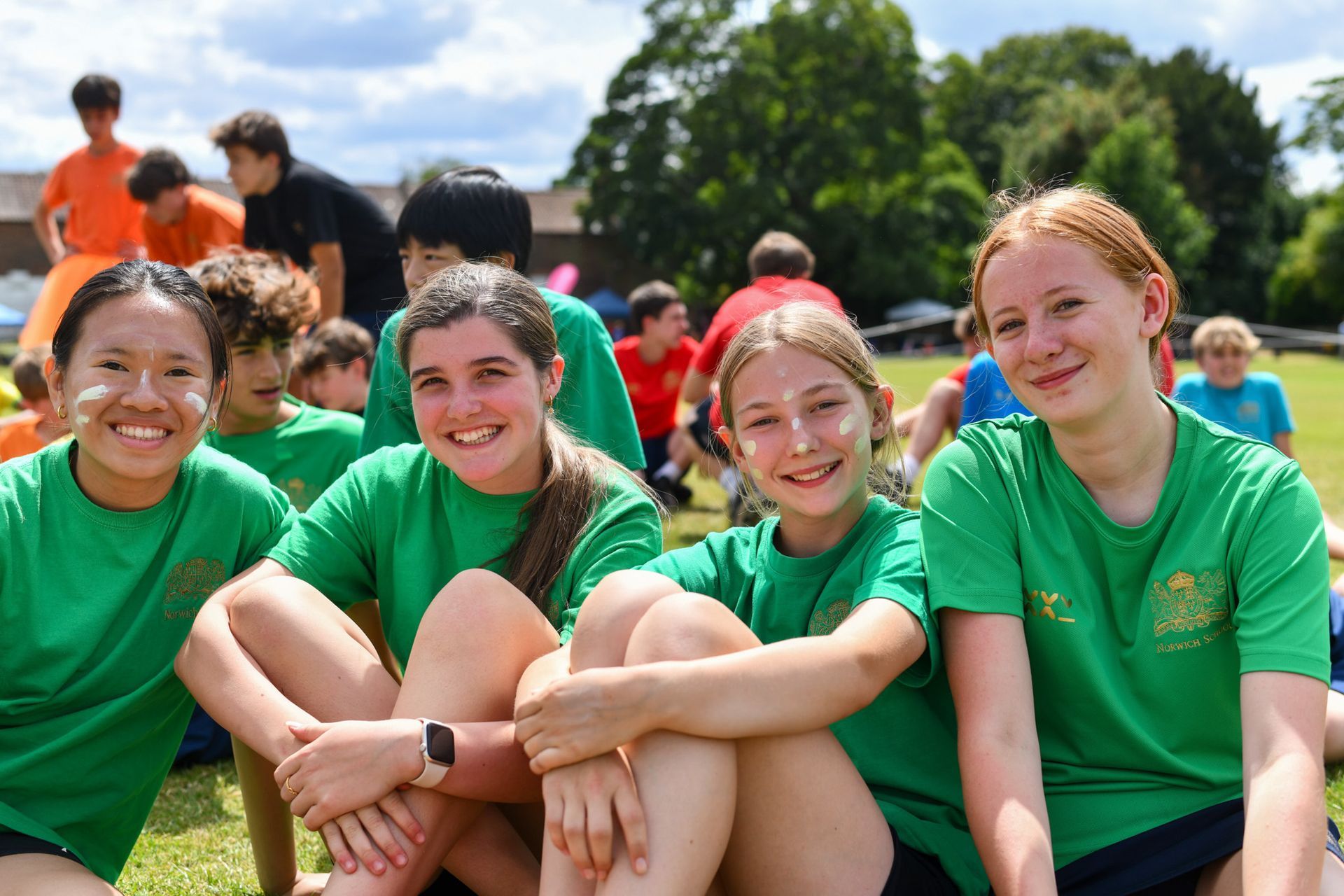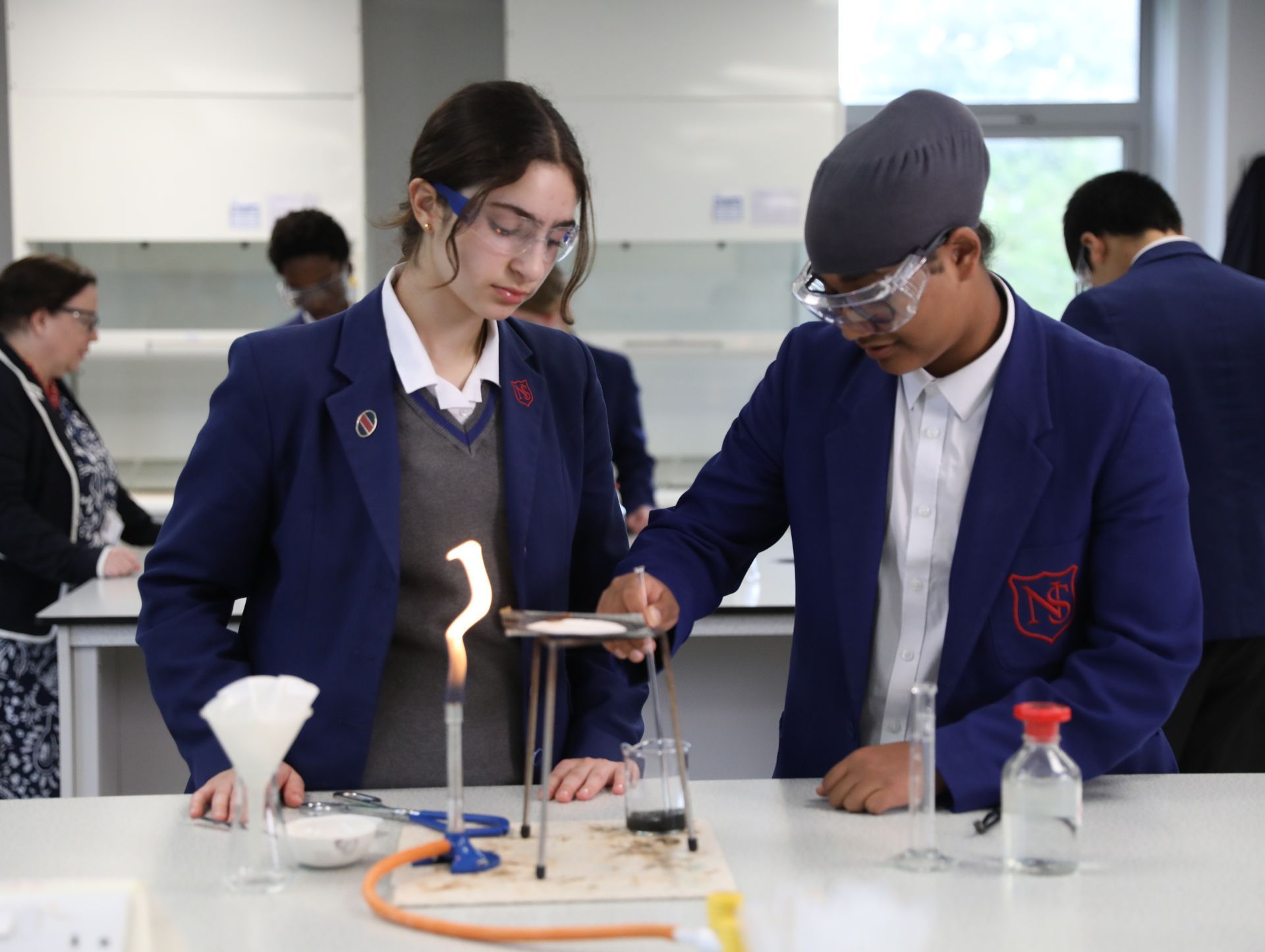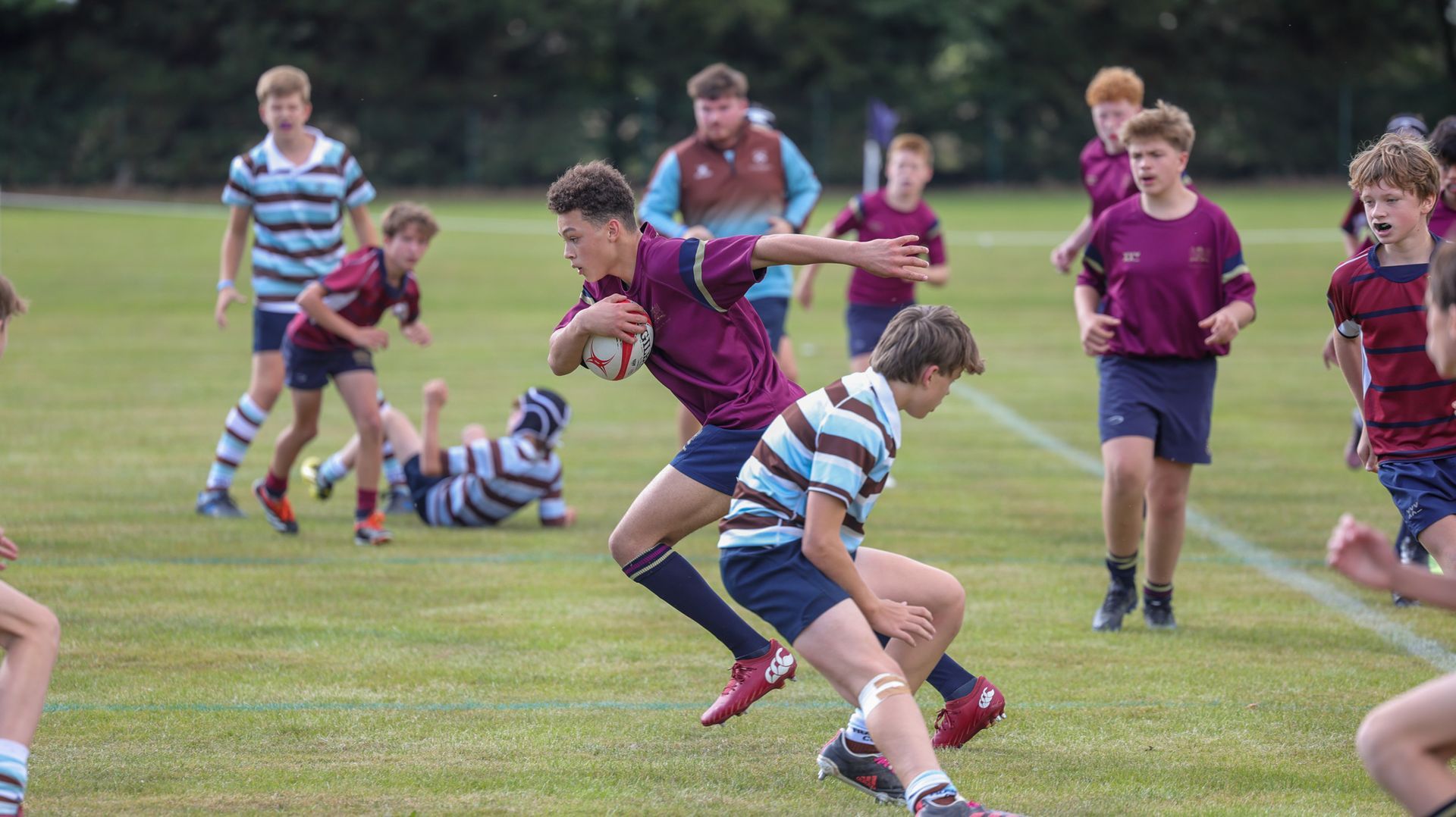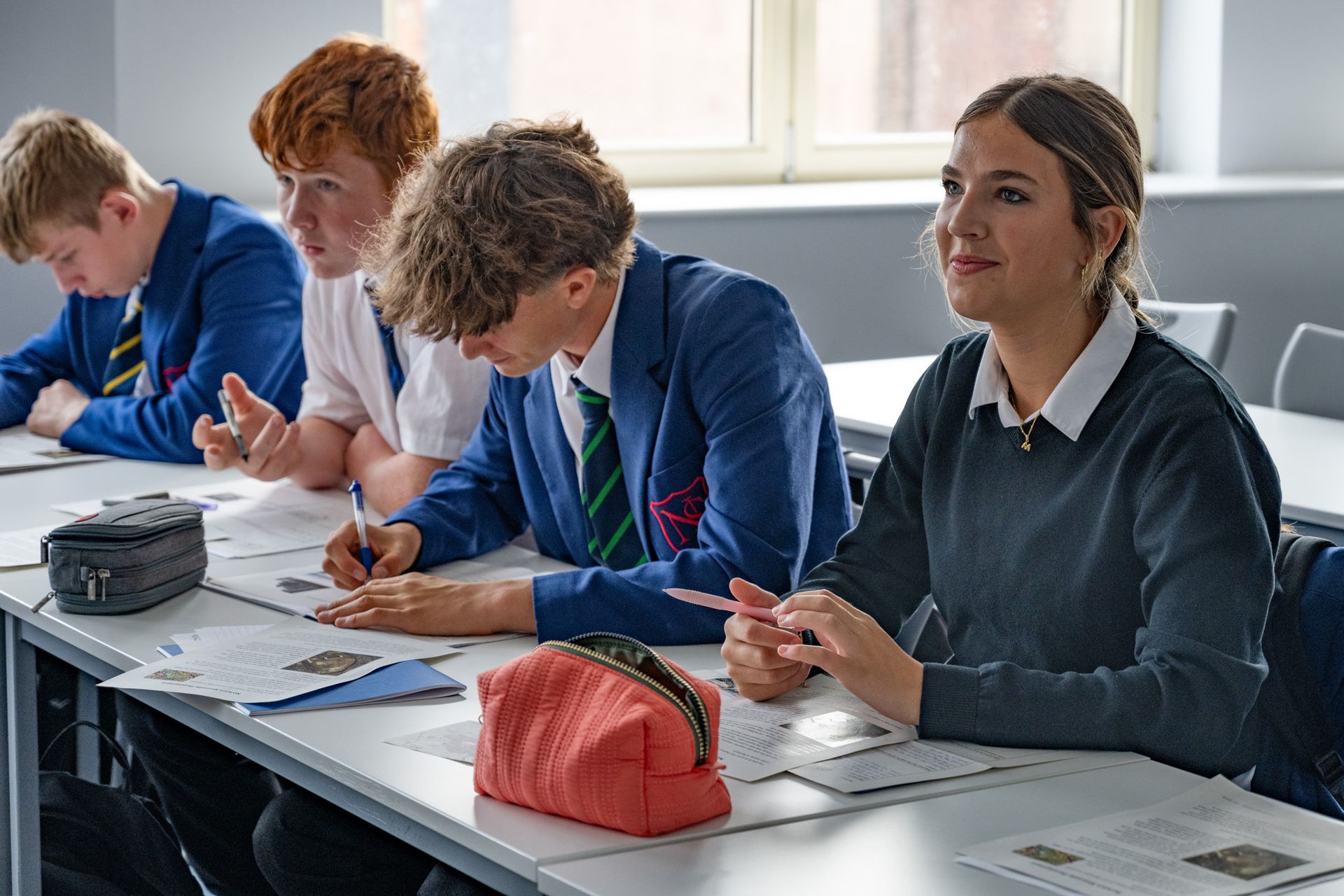By Eleanor Lewis
•
June 14, 2025
From Thursday 12 to Saturday 14 June, 67 of our L5 pupils travelled to the battlefields in France and Belgium. This experience offered a powerful opportunity for our pupils to connect their classroom learning with the real-life stories and landscapes that shaped the First World War. Over the course of the weekend our pupils had the opportunity to engage with the locations and the lives of those who fought in the war and explore personal connections to ancestors. We have been particularly moved by how deeply the pupils engaged with the land and the lives of those who fought in the First World War. Their curiosity, empathy, and reflective questions demonstrated a genuine connection to the history and sacrifices we encountered as shown by the reflections of each day three of our pupils below. I was impressed by their exemplary behaviour throughout the trip, their respect for the sites we visited, as well as for members of the public, was truly outstanding. Our drivers and guides repeatedly praised the group, and at several of the locations, the caretakers of monuments sought out staff to commend the pupils’ thoughtful and considerate conduct. I would like to thank our guides Henry and David from Anglia Tours as well as the staff who accompanied the trip: Miss Stone, Mr Grant, Mrs Arien, Miss How, Mrs James, Mr Pearce, Mr Peters and Miss Tilbrook. Below are some reflections from the pupils... "Arriving at Lijssenthoek cemetery after a long coach trip through France, we made our way along a pathway lined with the tallies of those who died and were buried in the cemetery throughout the First World War. Although we had seen the death tallies rise and fall by day, nothing could have prepared us for our first sight of a First World War cemetery. Continuing through the cemetery, we saw the graves of soldiers of many nations, proving why it was called a 'world' war. We were then given an activity to identify a grave from a soldier's last name and location in the cemetery. After a challenging search that made me appreciate the sheer scale of the cemetery, I came across the correct headstone. After reporting back to our tour guide, Henry, he told us background information about each one of our soldiers. This made these men more than just names on limestone bricks as it enabled us to relate to them. The lieutenant I identified, for example, played rugby, much like myself. After a delicious meal in Ypres, we continued to a secluded cemetery to the final resting place of Nigel Bavin an Old Norvicensian. As the last post played, I had the honour of placing the wreath, and silence fell on the cemetery. I believe that this experience was beneficial in making us comprehend the true effect of a World War as if we were born at the wrong time that fallen soldier could have been one of our classmates." - Joseph L "We spent the first part of the Friday tracking the progress of the Sheffield ‘Pals’ Regiment across No Man’s Land on the first day of the Battle of the Somme. The Pals would have arrived at the Front Line trench the night before – a trench we were able to sit in. We went up the same slope they would have advanced out of, into the field beyond, and the first thing we saw, maybe twenty metres from the trench, was a cemetery. Suffice it to say that not many of the Pals got very far. Henry gave each of us a name of a member of the Regiment (mine was Sergeant-Major Frank Lewis) and told us to see if we could find our name in the cemetery. I was shocked how many soldiers were MIA, and whose bodies had still not been found. We then travelled to Newfoundland Park, which is Canadian territory, gifted to them by France after the war. This was where the Newfoundland Regiment began their advance on the Somme, and the trench system is still intact, as are – buried somewhere under the ground – bodies of soldiers. The losses sustained by the tiny population of Newfoundland (a mere 200,000 – just 50,000 more than the population of Norwich) lead to its joining Canada in 1947. We also visited Lochnagar Crater, the site of where, ten minutes before the Big Push on the first day of the Somme, a huge mine was detonated beneath the German line. The explosion was recorded, but the scale of it is only truly realised by visiting the crater, the size of which must, despite 110 years of soil deposition, be seen to be believed. Next was Ulster Tower, a memorial to the Northern Irish regiment. The tower was a faithful reproduction of a tower in Northern Ireland that would have been the last thing the Irish soldiers saw of their country as they left, some forever. This is also the site of an excellent ice cream shop. Last on the agenda was Thiepval Memorial. This was a joint Anglo-French construction, with the name of every soldier whose body was never found after the Somme, and it is immense. There are upwards of 72,000 names on the walls of Thiepval, and only seeing every wall covered head to foot in names allowed me to visualise just how bloody the Somme was. Friday was sombre, but also very fulfilling. There are some things that lists of facts and figures in a history classroom cannot allow you to experience or prepare you for." - Jamie K "On our last day of the battlefields trip of 2025, we visited many spectacular, heart aching and delicious places including a Belgium chocolate shop! After the fulfilling treat of the chocolate, we travelled to the Passchendaele Museum where we were given immersive experiences of what life was like for a soldier in the First World War. The experiences included displays of uniform and the difference between the Triple Entente and the Triple Alliance, a recreation of the underground bunkers and bunk beds (which were made of wood and chicken wire), a recreation of the trenches where we could see the “the elephant rooms” which were hollowed out holes which we were able to just about comfortably stand in. The museum was able to recount the soldier’s experience at Passchendaele including one soldier who had spent over six months elsewhere along the trenches which he would rather do all over again then those three months of Passchendaele. The last British cemetery we visited was Tyne Cot. Whilst we were there, we were given the task of splitting into pairs and choosing a grave with preferably a name, epitaph or one with a connection to us or our region. Most people chose soldiers who died young or fought as part of the Norfolk or Suffolk regiment. Each gravestone was perfectly kept and respected. Our last location, the German Cemetery of Langemark, was a stark contrast to the British graves. While the Triple Entente make their cemeteries extravagant and airy so much that it feels like it could be a variation of heaven, the German graves are small uplifted dark grey rectangles where there are over 44,000 soldiers of Christian and Jewish beliefs were buried next to each other as equals against all antisemitism in Germany at that time. I think this is particularly striking considering the start of WWII and the holocaust occurred only around twenty years later. This trip was one where we were taught valuable information and we all are very thankful for everyone who was involved in organising such an enjoyable and educational weekend. Though the trip was emotional it was something that all of us pupils will forever be grateful for." - Antonia C
